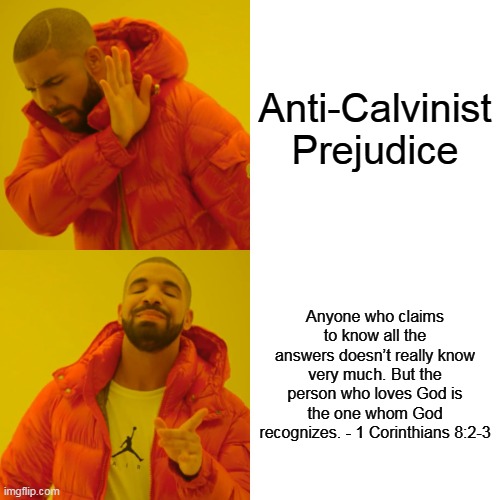Humble Disciple
Active Member
Neither Calvinist nor Arminian. To me it is just to be Biblical. Using the five points as a templet. A view of a total depravity. Conditional but wholly unmerited on the elect's part. A general redemption where Christ secured redemption for the elect and to be Judge of the lost. Because of depravity many resist the sanctification of the Spirit. And as to those whom God saves He keeps. I have been a Christian since the summer of 1962.
Based on the above description, it would seem you lean more towards Arminianism. That's okay. What do you mean that election is conditional but unmerited on the elect's part? That seems like a contradiction.

